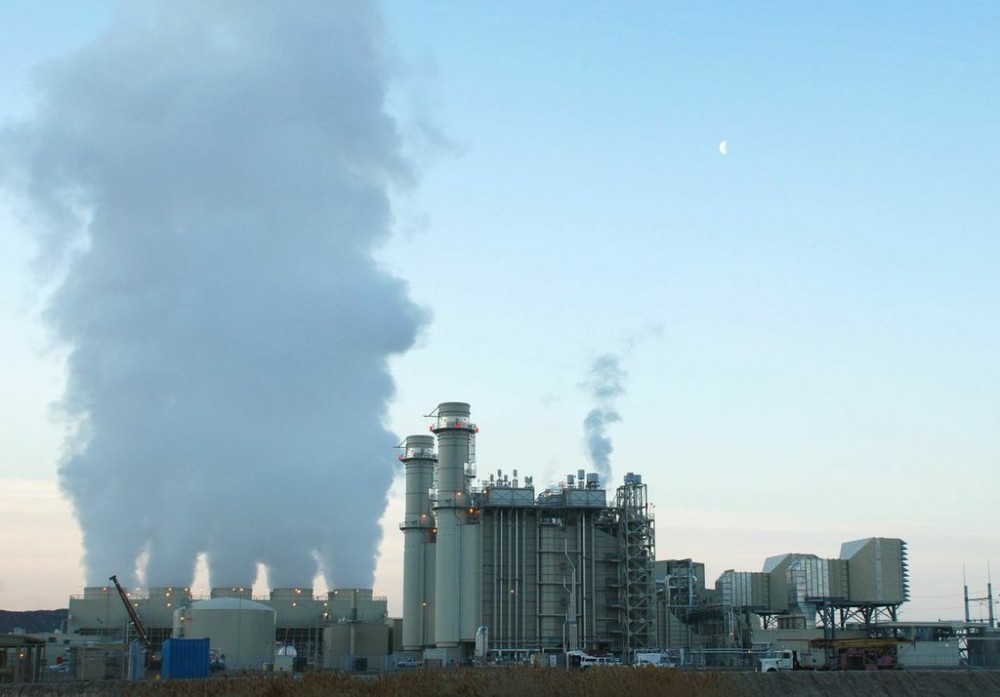BOSTON, Mass.—Almost a month after three members of Governor Patrick’s environmental advisory committee resigned, protesting policies in the Clean Energy Resources Bill, Governor Patrick has pledged to further assess the problems behind the embattled bill.
In July, the Conservation Law Foundation (CLF) filed appeals in Massachusetts regarding the withholding of documents on the development of the New England Governors’ regional energy plans, which include pipeline and hydropower projects. The CLF claims that these documents were requested in March to bring transparency to the Governors’ plans.
The CLF’s appeal challenges the timing of the response. Massachusetts’s law requires the government to respond to a request for public documents within 10 days of receipt. CLF sent its request in March, but was told by The New England States on Electricity (NESCOE), that “the requested documents will not be available until July 31.” The appeal The CLF filed focuses on NESCOE providing requested records in a timely manner. NESCOE responded on July 14 that the CLF had already obtained thousands of records from state agencies and that as a not-for-profit corporation “that facilitates collaboration among the six New England states in connection with regional wholesale electricity matters, it is not subject to the state laws references in the CLF appeal.”
On August 1, NESCOE requested an extension for the six-state Governors’ Infrastructure Initiative, so that Massachusetts’s officials could further evaluate regional energy infrastructure challenges.
During the havoc of the Clean Energy Resource Bill’s stagnation, three members of the Environmental Advisory Committee resigned and submitted a letter to all of New England’s Governors, protesting the policies they said would set back the state’s abilities to reduce carbon emissions. The three members were Penn Loh, a lecturer on environmental policy at Tufts University, Peter Shattuck, of Environment Northeast and George Bachrach, president of the Environmental League of Massachusetts.
A coalition of 102 businesses, consumer groups, academics and organizations focused on the environment, public health and pipeline also signed the letter, raising concerns about proposals to invest billions of ratepayers’ dollars in new natural gas pipelines before considering potential alternatives.
“Our top goal is to ensure a thorough evaluation of options to meet our energy needs that is consistent with emission reduction goals and reduces risks to consumers,” said Peter Shattuck, an Environment Northeast official who works on climate policy analysis.
“The bill was part of a multi-state agreement agreed upon in December of last year. We see the connection to the region moving to be reliant on natural gas. We’ve seen the price of natural gas increase. The New England States on Electricity was not transparent. Our committee tried to provide information about how the states could use renewable energy, but the states didn’t compare the costs of the bill.”
“Massachusetts has done a lot to be the best on energy and climate. The challenge is to agree on a large infrastructure. Our energy system is outdated. Historically, we’ve made our energy system of transmission lines to meet high demand days in the summer. However, energy demand need is no longer growing. Now we know that energy use and economics grow without having to increase emissions,” said Shattuck.
Shattuck insisted that the bargaining process with NESCOE became difficult. “The bargaining became untenable. Massachusetts was most receptive, while other states wouldn’t talk, and NESCOE definitely focused on the supply-side solutions. The six-state deal allows for fossils fuel infrastructure to be locked in. Massachusetts focused on electric transmission, but the agreement included the pipeline, which made us think, “This is not a good deal.”
Amy Mahler, a spokeswoman for the Massachusetts Executive Office of Energy and Environmental Affairs, said, “As for catalyst, we remain committed to growing the clean energy industry for multiple reasons, such as the environmental in meeting our greenhouse gas goals, diversification, and cost-effectiveness. We will continue to pursue clean energy in Massachusetts, but we are hitting the pause button on the NESCOE process and, in light of the Clean Energy Resources bill not passing, we want to take a look at what all our energy needs are, including gas, and assess all our options before moving forward.”
There is no certain timeline for the assessments, but Shattuck mentioned that the upcoming election and change of administration is cause for expediency.

Leave a Reply
You must be logged in to post a comment.